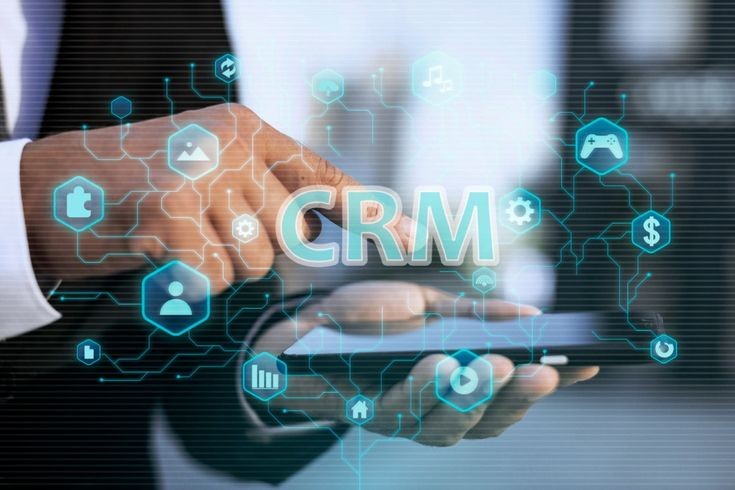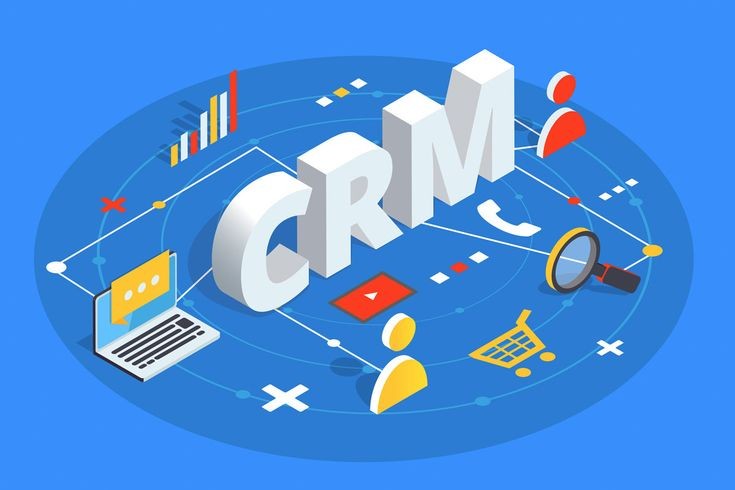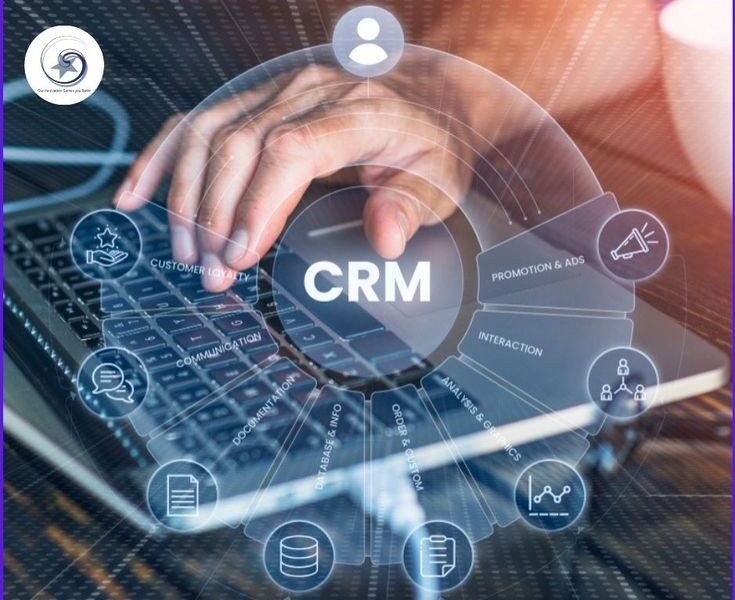As the digital landscape evolves, CRM security becomes increasingly critical. In 2025, businesses face new and complex security threats that can compromise customer data and erode trust. Addressing these challenges is essential for maintaining robust CRM systems. Here are the key security challenges anticipated in 2025 and effective solutions to mitigate them.
1. Sophisticated Cyber Threats
With cyber-attacks growing more advanced, CRM systems are vulnerable to threats like ransomware, phishing, and malware. Attackers are leveraging AI to create more deceptive and potent strategies that can bypass traditional security measures.
Solution: To counteract these threats, businesses should implement AI-driven security tools that detect anomalies and respond to threats in real-time. Investing in cybersecurity training for employees can also minimize risks from phishing attacks and human error.
2. Data Breaches and Unauthorized Access
Protecting customer data from breaches is a major challenge, particularly as data privacy laws become stricter worldwide. Unauthorized access to CRM databases can result in significant financial and reputational damage.
Solution: Multi-factor authentication (MFA) and role-based access controls are vital for securing CRM data. Regular audits of user permissions and access logs can help identify and mitigate potential vulnerabilities.
3. Compliance with Evolving Data Protection Laws
New regulations around data protection continue to emerge, making compliance a moving target. Businesses must stay updated on regional and international laws to avoid legal penalties.
Solution: Implement CRM solutions that include built-in compliance tools and customizable settings to adapt to new laws. Partnering with legal and data protection experts can help ensure that your CRM practices remain compliant.
4. Third-Party Integrations and Vulnerabilities
Many businesses rely on third-party applications to enhance their CRM capabilities. However, these integrations can create potential vulnerabilities if not properly secured.
Solution: Vet third-party vendors thoroughly and ensure they follow robust security protocols. Utilize API security measures such as token-based authentication and encryption to secure data flow between systems.
5. Remote Work and Data Protection
The rise of remote work has increased the risk of unsecured data access and unauthorized sharing. With employees accessing CRM systems from various locations, ensuring secure connections is more challenging.
Solution: Use Virtual Private Networks (VPNs) and endpoint security solutions to protect remote access. Implementing zero-trust architecture ensures that only verified and authenticated users can access sensitive CRM data.
Best Practices for CRM Security in 2025
- Regular Software Updates: Ensure your CRM software and all connected tools are updated frequently to patch known vulnerabilities.
- Data Encryption: Apply end-to-end encryption for data both at rest and in transit.
- Employee Training: Conduct periodic training sessions to educate staff on best practices for cybersecurity and phishing prevention.
- Incident Response Plan: Have a comprehensive plan in place for responding to security breaches, including notifying affected parties and authorities.
Conclusion
Staying ahead of CRM security challenges in 2025 requires proactive strategies and continuous vigilance. By implementing robust security measures, leveraging AI-driven tools, and maintaining compliance with data protection laws, businesses can safeguard their CRM systems and foster trust with their customers.




